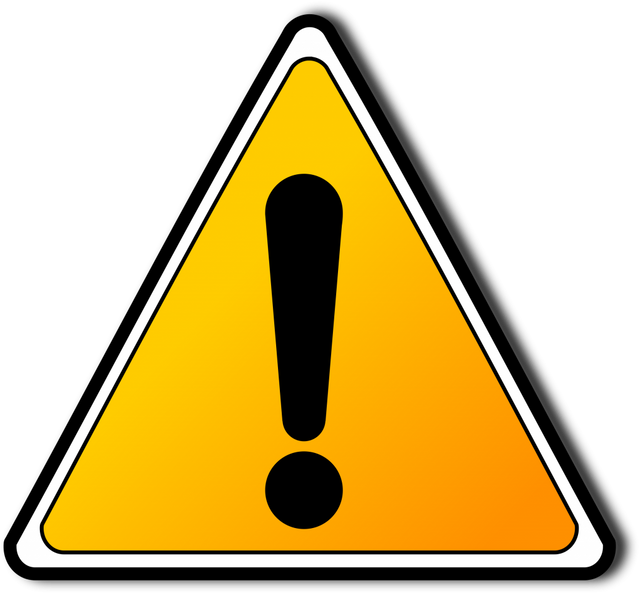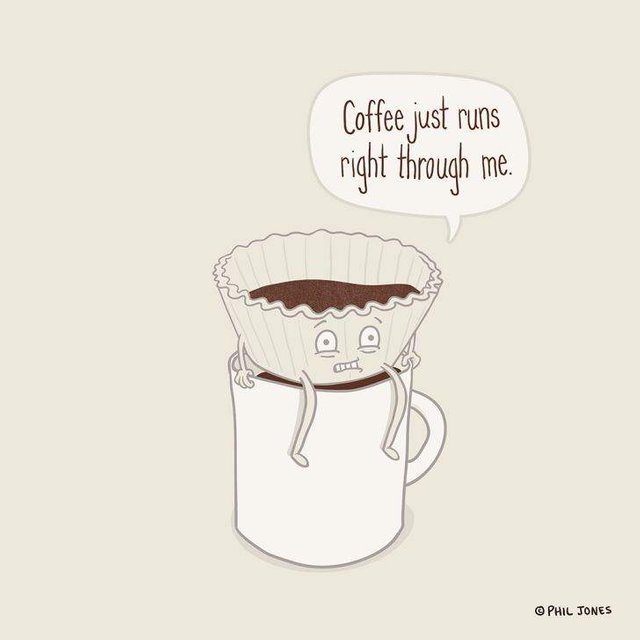Picking the Right Agent
This post was co-published at talanhorne.com
Warning:

This post is not about how to acquire the services of a literary agent.
This post is not about what you can do to increase your odds of getting an agent.
This post is absolutely not about what you should do to make yourself more appealing to agents.
And the reason for all this is very simple: getting an agent is not complicated. That's not to say it's easy (it's not), but it is simple.
All you need to get a literary agent is two things:
- A really good manuscript.
- A really good query letter.
Congratulations, you have now graduated from the school of agent getting.

But it won't help you.
Because simply getting any agent is not the point. That won't be enough to sustain your writing career and it won't make things easier. Getting an agent is not a worthwhile goal.
Getting the right agent is.
And that means making a choice. It means being just a little picky in how you go about it. Just as with any relationship, you don't want to throw in your lot with the first pretty face to bat its eyes at you. Instead, you have to base your partnership on an alignment of ideals.
And that requires a little legwork.
Filtering Agents

It is better to have no agent than the wrong agent.
It's kind of hard to justify that position, considering how few publishers will even consider unagented manuscripts. Nevertheless, it is true, because the wrong agent will only take you further away from where you want to be. They can completely misinterpret your book, or try to distract you with petty concerns, or try to dictate decisions that can only be made by you, the author. Simply put: an author with a bad agent is worse off than an author without any prospects, because at least the author without prospects still has his creative freedom.
And any agent you submit to is going to subject you to certain filters before they make an up-or-down decision. It's only fair that you do the same to them. As an author, you need a system that will allow you to divide all the agents you ever meet into three categories:
- Bad Agents: Some people just shouldn't be in this business, but that doesn't stop them from trying. A lot of purported agents are actually scam artists, trying to part you from your money. Others are hopeless dreamers, imagining they can open their own agencies without any prior experience. Some are simply incompetent. And some are even more desperate than you are---these will try to land your book at any publisher, rather than the right one.
- Bad Agents for You: There's nothing inherently wrong with these agents. They may be highly successful and well known throughout the industry. They may be good fighters who believe in their clients. They may even be the best in the industry, but that doesn't mean they're good for you. There is no legal definition for what an agent does. There is also no industry definition for the same. As long as they sell other people's books to publishers, they technically qualify as agents. But such a requirement is so overly broad and ill-defined that it lends itself to a million different interpretations. Some agents see themselves as a kind of "pre-editor"---they give creative input to your manuscript before they shop it around with publishers. Some agents try to place you with a publisher before you even know what you'll be writing. In some cases, they'll even volunteer you to work on a certain project that a publisher needs to make. Some agents take a more "hands off" approach and let your work speak for itself But any of these agents can be wrong for you if their approach does not mesh with your own. Some authors appreciate a little hand holding. Others are more free spirited. It is your job, as the author, to determine which of these camps you fall into.
- Good Agents for You: These are the pot of gold at the end of the rainbow. The agent that is right for you will understand what kind of author you are and be able to match your approach. They will be familiar with the genre you are writing in and will be able to sell a story of that genre to publishers. Their suggestions will be helpful and they won't make things harder.
The best agent for you will not be the best agent for me, or for anyone else. Every good agent will take a different approach. But there are three qualities that are common to all of them:
- A good agent will try to place your book with the best possible publisher.
- A good agent will try to make you as much money as possible.
- A good agent will protect you from scams, fraud, and any situation that will endanger your intellectual property rights.
Separating Agents

There is no way for me to tell you, without knowing anything about you, what methods you should use for determining which agent is right for you.
That said, there are a few time-tested methods that apply universally. These will give you a good starting point, at least, and are sound advice all around.
- Standard payment rates for agents is 15% on all domestic sales and 20% on all foreign sales. Meaning that the agent will take this percentage out of whatever you make from your book. The more you get paid, the more the agent gets paid. This incentivizes the agent to get you as big a payment as can be gotten. That's how you know your agent isn't selling your work short. If the agent charges you a flat rate, or if they require you to pay for each submission, or if they in any way want you to pay them out of your own pocket (instead of taking a percentage of your royalties), then they are actually a scam and you should not associate with them ever. Likewise, any credible agent will not ask for more than 15% for domestic sales.
- The best way to judge an agent is by looking at what books they've sold in the past. If they are books you've heard of, they're probably a great agent. If they're books you haven't heard of, but can find in most brick and mortar stores, they're probably a really good agent. If the books they represent have only ever ended up as Amazon-exclusive ebooks (which can be easily published without the use of an agent), then they're likely a scam, or otherwise too incompetent to trust.
- Good agents work with good publishers. If the agent has sold at least one book to the big New York publishing houses, they are likely a good agent. If they regularly sell books to midsize publishers, or even small publishers that still have good distribution deals with retailers, then they are probably a good agent.
- A good agent should already be familiar with your genre, and should understand how your book fits into that genre. If the agent is dumbfounded as to why your murder mystery aboard a World War II submarine isn't a comedy, or why your cold-blooded revenge thriller does not have a love-triangle subplot, then you probably have the wrong agent.
- A good agent for you should be someone you like as a person. If you dread every encounter with them, then fire them (that's what you call it when you cut ties with an agent, and it is much like firing any other employee, except that you don't have to give them a severance package, which is a nice bonus for you).
Cleansing Agents

It should be pointed out, while we are on the subject, that there are also a number of ways to lose an agent.
This is not always a bad thing. If your agent isn't working out for you, then the best thing you can do is part ways with them, but for many writers, the loss of an agent puts them in a bad place. Depending on where they are with their next book, it can send them desperately scrambling for a new agent. And desperation is not the right mindset when choosing the right agent for you.
If you do lose an agent, you can go back to the rules and calmly start the process of getting a new one, or you can take this opportunity to go it alone.
This is nearly impossible to do if you are a first time author. But if you already have some notches on your belt, if you already know people in the industry and have enough name recognition to at least get an appointment with an acquisitions editor, then it is possible to be your own agent.
Of course, that means you will be doing all of the negotiations for your books, with no one else in your corner. You will be the one who fights to get the best terms on your contract and who protects yourself from bad business deals. A lot of authors cannot do this, but there are some who not only manage it, but thrive this way. It really depends on the skillset you already have. If you're have experience making your own business deals, and are familiar with what to expect in this kind of negotiation, you just might be one of those lucky few who can get by without an agent.
And that is one option.
Finishing Agents
Obtaining an agent is never the end of your story. It does not guarantee publication, and it may not even be a step forward.
But if you are patient, and use a little bit of common sense, it is not difficult to determine what kind of agent would be best for you, and who, out there in the real world, fits that description. Don't settle for just any agent. Make sure that they understand who you are as an author and that they have a good nose for the kind of story you're writing.
If they don't have that, don't hire them. Don't fool yourself into believing that this one agent is the only shot you'll ever get. If you're a good enough pitch man to seduce one agent, you should be able to entice at least a few others.
Don't be afraid to aim high.
Thank you for the info, your post is very useful!
Answered my questions right away thanks!
thank you so much for this another great informative post:)
This is an excellent article. I've read so much advice on the things authors should do to get an agent and a lot of it makes it seen like authors should be happy with whatever they get. I really like that you've provided an opposing view that reminds authors that they are in charge and need to be choosy if they want to get good results.
Great post! Resteemed!
A million thanks for the resteem. I'm glad that you found my post engaging.
It's true that a lot of first-time authors are too quick to blindly accept whatever offers come their way. I don't like to hear about people putting up with a bad agent or bad publisher, just because they're afraid that this is the only shot they'll ever get. As an unpublished author myself, I understand the kind of temptation they go through.
Which is why I often need to remind myself to not sell myself short. Hence the topic of today's post.
Thanks for replying. I appreciate input from readers, especially here on Steemit.
Followed.
Thanks for the advice this article is really helping ! We absolutely should aim high in order to get what we want to achieve !!
I'm glad you liked it.
Dang. SOLID. I've never had an agent, but this exactly matches my experience with attempting to land one. And it's supported by numerous experiences of my friends who have had terrible--and wonderful--experiences with them.
It's a common story in the publishing industry. Too many authors are in too much of a rush to get an agent. These kinds of decision require a cool head.
Thanks for sharing.
Steve Martin says he gets these kids asking him all the time how to get an agent, how to get meetings with directors, and he says, "you might want to work on being good."
And then it might be a good idea to think clearly about what you're getting an agent for. It's not like getting an agent does anything for you automatically.
ur article is intersting ...go head
That was Fascinating to read,great post @talanhorne
thank u for ur intersting article, i hope people get this advice and warning ,please more articles like that....